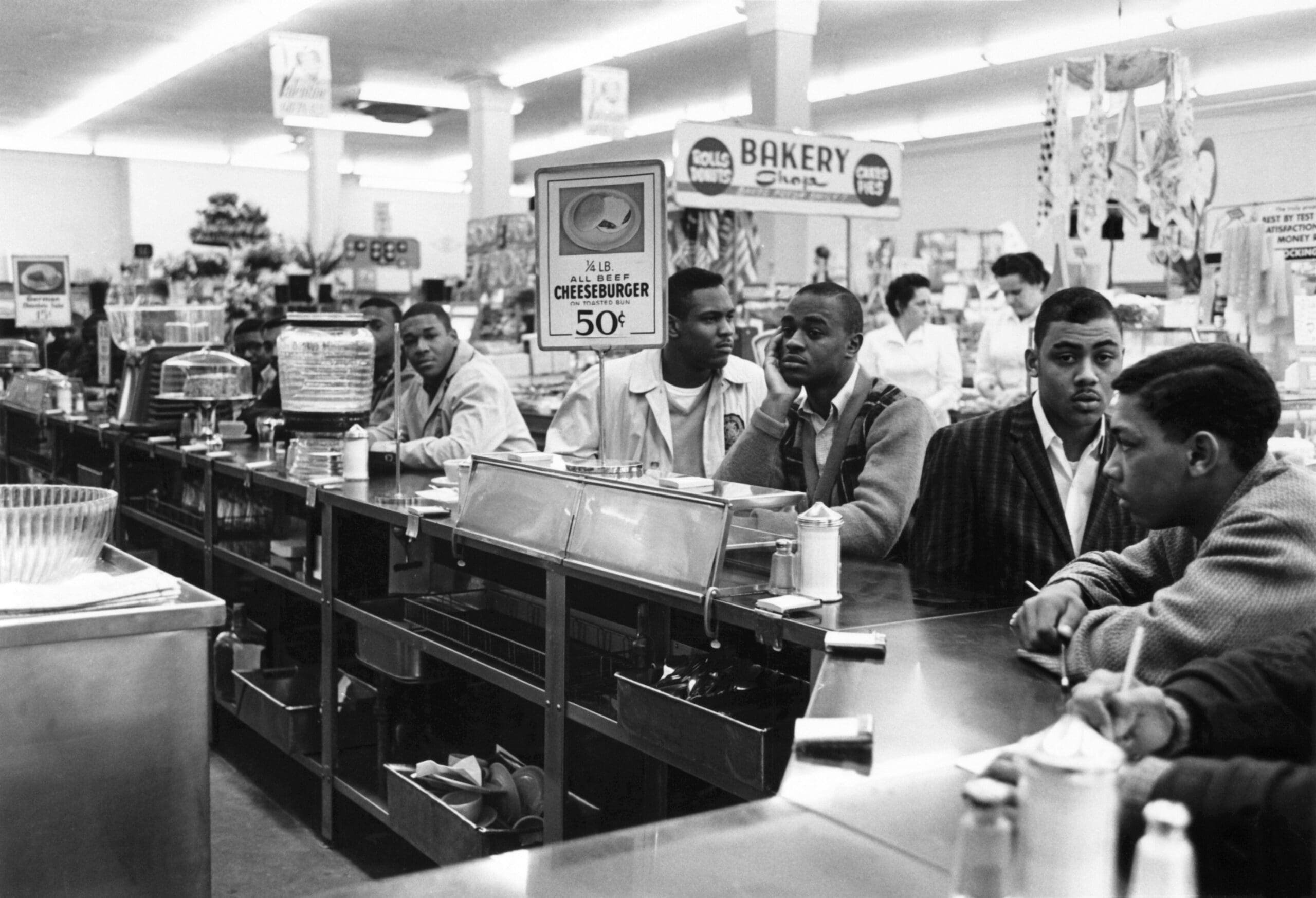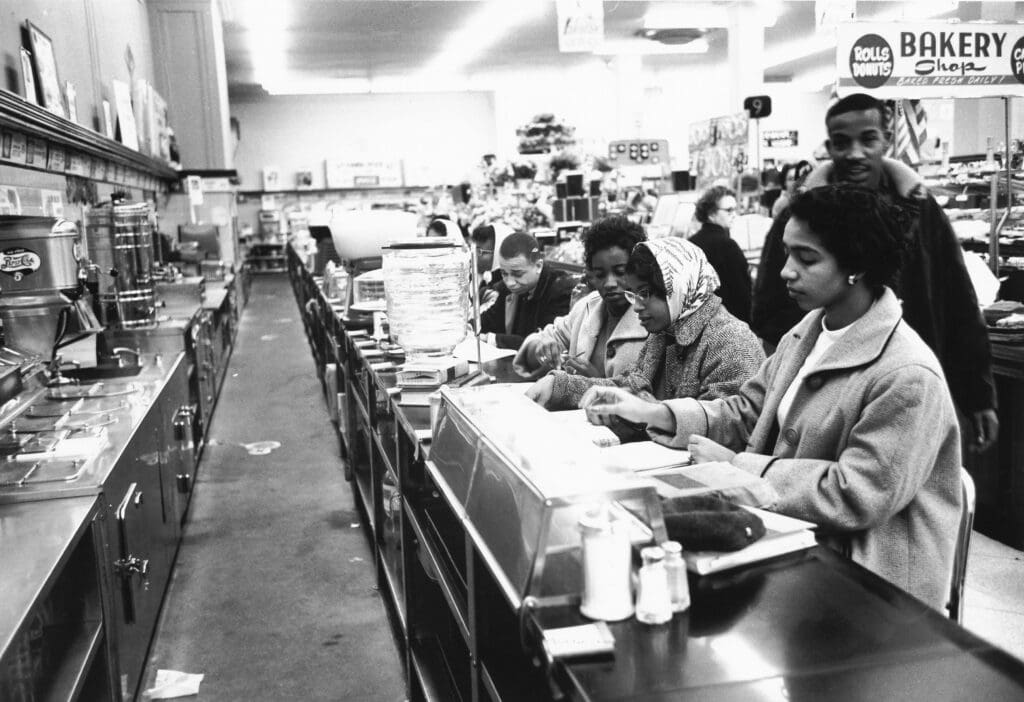
The Challenge
“THE UNITED STATES CIVIL RIGHTS TRAIL” is a podcast that traces the Civil Rights Trail across three different states. From an archival perspective, our team faced the task of grounding each episode in authentic, first-hand testimony—without the benefit of film or video. Because many oral histories reside in libraries and museums across the South, access varied widely: some collections were fully digitized and freely available online, while others required on-site visits or paid digitization. We needed a research strategy that could uncover rich, location-specific narratives while respecting each institution’s budget and resourcing constraints.
Our Approach
Focused Oral History Sourcing
Jennifer prioritized digitized collections from the Library of Congress and the National Museum of African American History and Culture, then drilled down to regional archives—such as the University of South Carolina’s Moving Image and Research Collection—to find filmed interviews and audio testimonies tied to specific Southern locales.
Museum & Library Partnerships
By collaborating directly with archivists, Jennifer navigated site-specific access policies and scheduled in-person visits when necessary. She built rapport with understaffed institutions, often agreeing to nominal digitization fees that helped fund future preservation efforts.
Regional Intelligence & Context
Because each episode centered on a particular state or city, Jennifer mapped the podcast’s narrative to the holdings of local historical societies and university archives. This ensured that the voices featured—whether recounting a protest in Selma or a lunch counter sit-in in Greensboro—reflected the lived experience of those who were there.

The Impact
The series’ reliance on oral histories created an immersive, emotionally resonant journey: listeners hear the movement unfold in the very words of its participants. This approach strengthened the podcast’s journalistic integrity, guided scriptwriting, and provided authentic promotional clips that drove audience engagement.
Behind the Scenes & Lessons Learned
“Patience and persistence are non-negotiable,” Jennifer notes. “Many archives are still being digitized, so you must budget time and funds for access. Building relationships with librarians and historians is as crucial as the research itself.”
Project Outcome
Since launching, The United States Civil Rights Trail has been lauded by educators, historians, and listeners for its depth and authenticity. The series has become a key resource for classroom discussions and tour-planning tools, proving that archival audio—when carefully sourced and respectfully presented—can bring history vividly to life.
Ninja: Jennifer Grace Cook
PODCAST SPOTLIGHT: Harnessing Oral Histories to Illuminate the Civil Rights Movement
Privacy Policy
Terms and Conditions
website designed by buzz & banter studios
Archival Ninjas specializes in archival rights, research, and clearance for films, video productions, documentaries, and beyond. As an industry leader in business research and film/video production consulting, Archival Ninjas provides expert archival support at every stage of production.
© 2025 Archival Ninjas